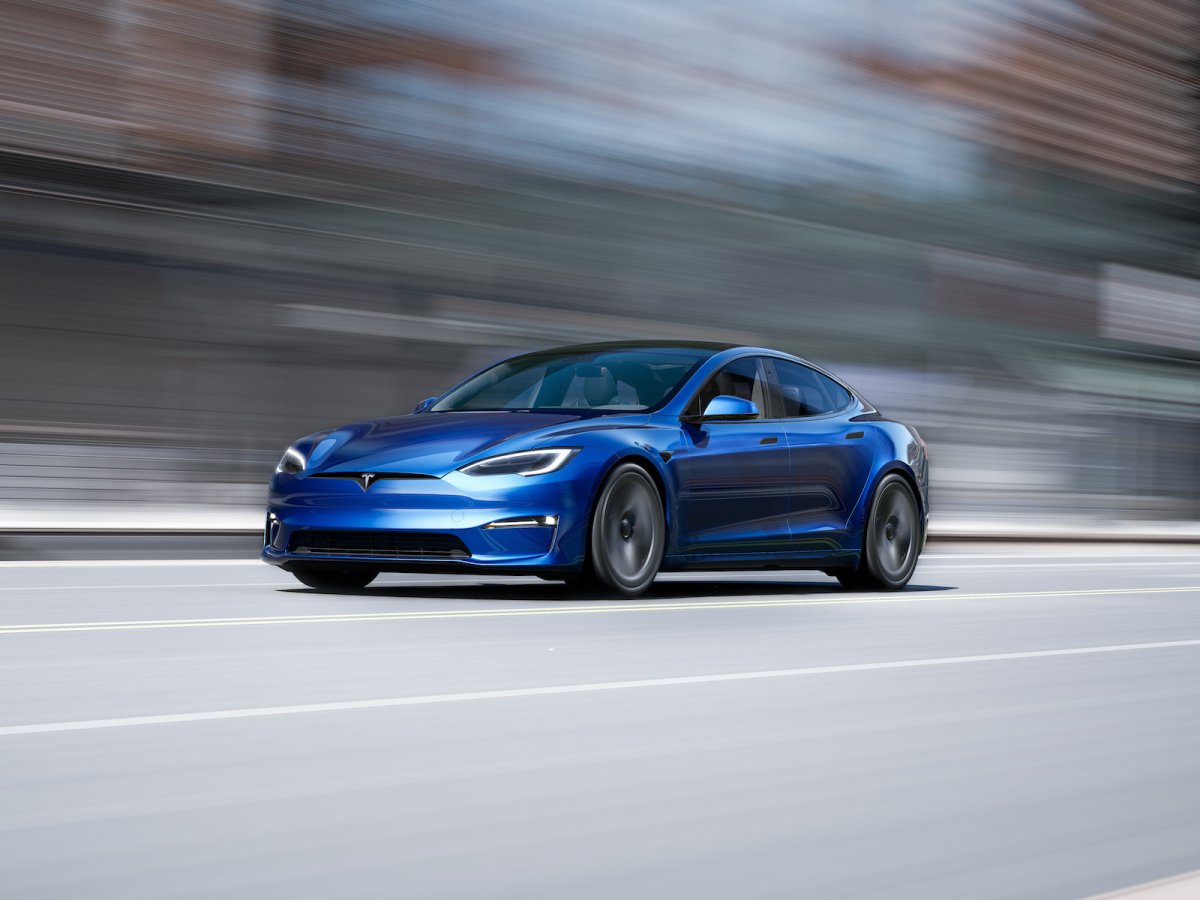Elon Musk announced the Tesla Model 3 in 2017 on a platform of affordability. That $35,000 sedan lasted from 2019 to 2020. Since then the company has announced many price increases across its range, including two in the past week.
Musk told his 78 million Twitter followers in March that the carmaker was feeling pressure from inflation in raw material and logistics costs.

Almost six years ago, Musk published a master plan for Tesla to make an affordable, high-volume car. The original plan was to work on a $25,000 EV after the Model 3 and Y. According to a Bloomberg report, Tesla's last quarterly earnings call, Musk said the company isn't currently working on the $25,000 car he's alluded to.
The cheapest Tesla now starts at $46,990, a $2,000 increase, since the last increase. The Model Y SUV saw a $3,000 increase, going from $59,990 to $62,990.
As the models get more valuable, the price jumps get bigger. The Model X SUV saw an increase of $10,000, from $104,990 to $114,990. Tesla's highest trim, the Model X Tri Motor, saw a price increase of $12,500, from $126,490 to $138,990.

Although the recent price hikes have been extra frequent, Tesla is no stranger to the trend. It raised Model 3 and Model Y prices about a dozen times just in 2021.
The company did not officially cite a reason for the increases, but as Musk said, supply chain disruptions and the threat of raw materials shortages due to the war in Ukraine is certainly a factor. Tesla has been buying aluminum from a Russian company since 2020.
Materials such as nickel, a key component of electric vehicle batteries, are also imported from that region. Additionally, rising gas prices have led more consumers to consider electric vehicles, increasing demand despite limited supply.
To put those Tesla prices in perspective, according to car-shopping website Edmunds, the average transaction price for a new EV climbed to $60,054 in February, using data collected before Russia invaded Ukraine.
However, the federal tax credits used to encourage buyers to purchase battery-electric and plug-in hybrid electric vehicles are no longer helping Tesla customers, because of a cap the company exceeded years ago. Tesla, along with others, are lobbying to revise how the federal government supports EV purchases, though it is currently stalled in Congress.
Uncommon Knowledge
Newsweek is committed to challenging conventional wisdom and finding connections in the search for common ground.
Newsweek is committed to challenging conventional wisdom and finding connections in the search for common ground.
About the writer
To read how Newsweek uses AI as a newsroom tool, Click here.





